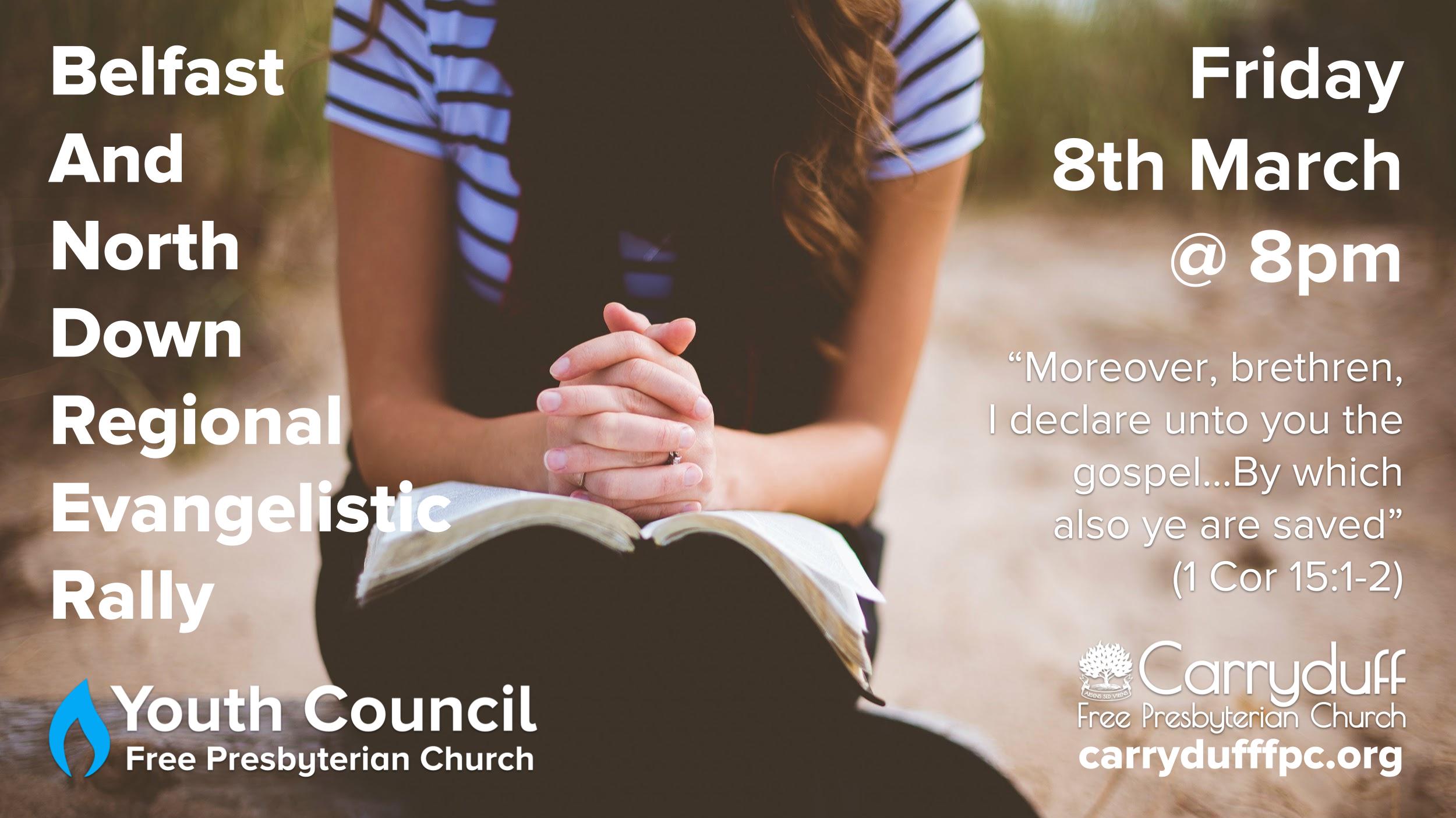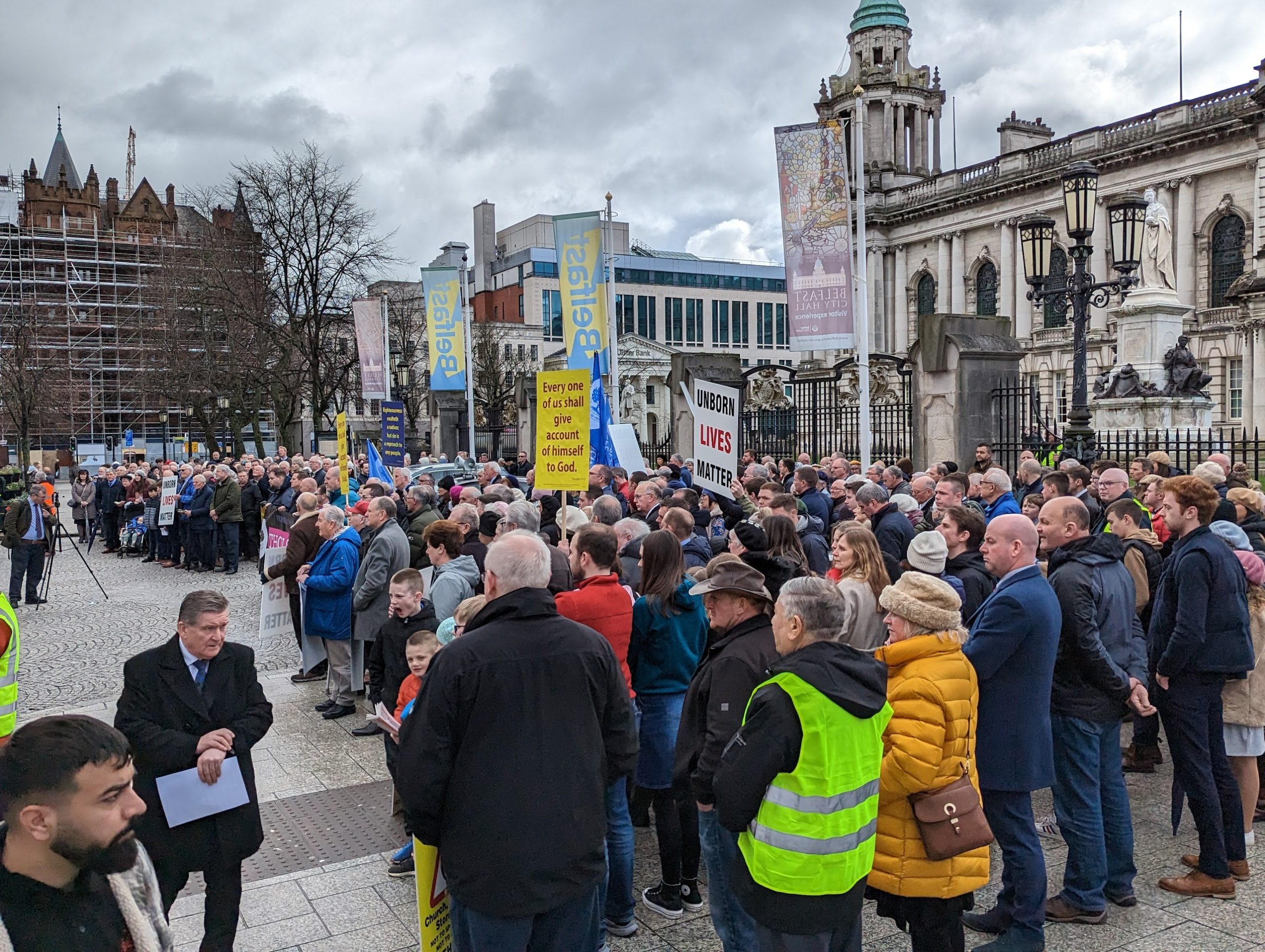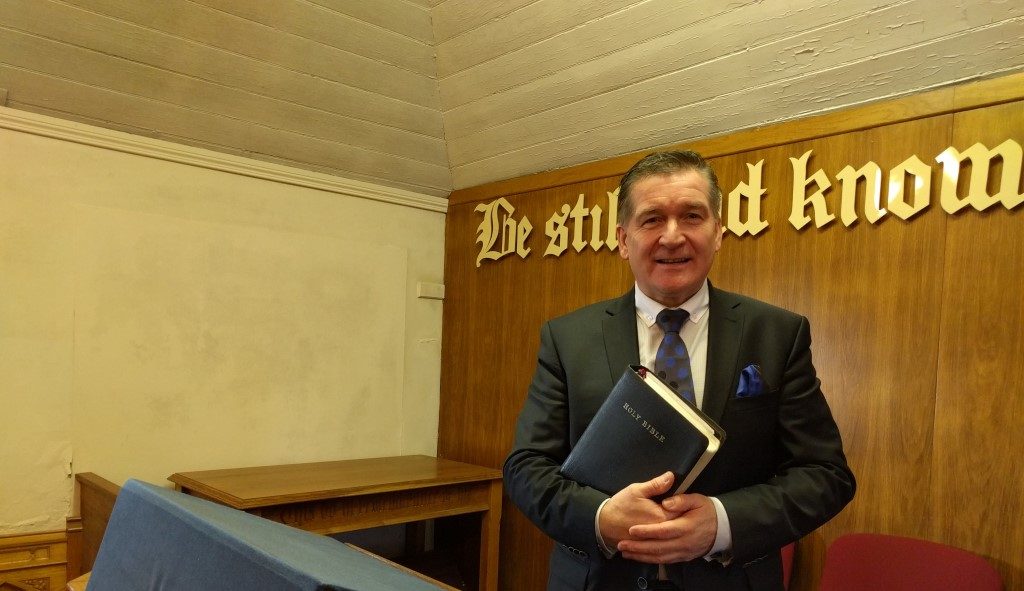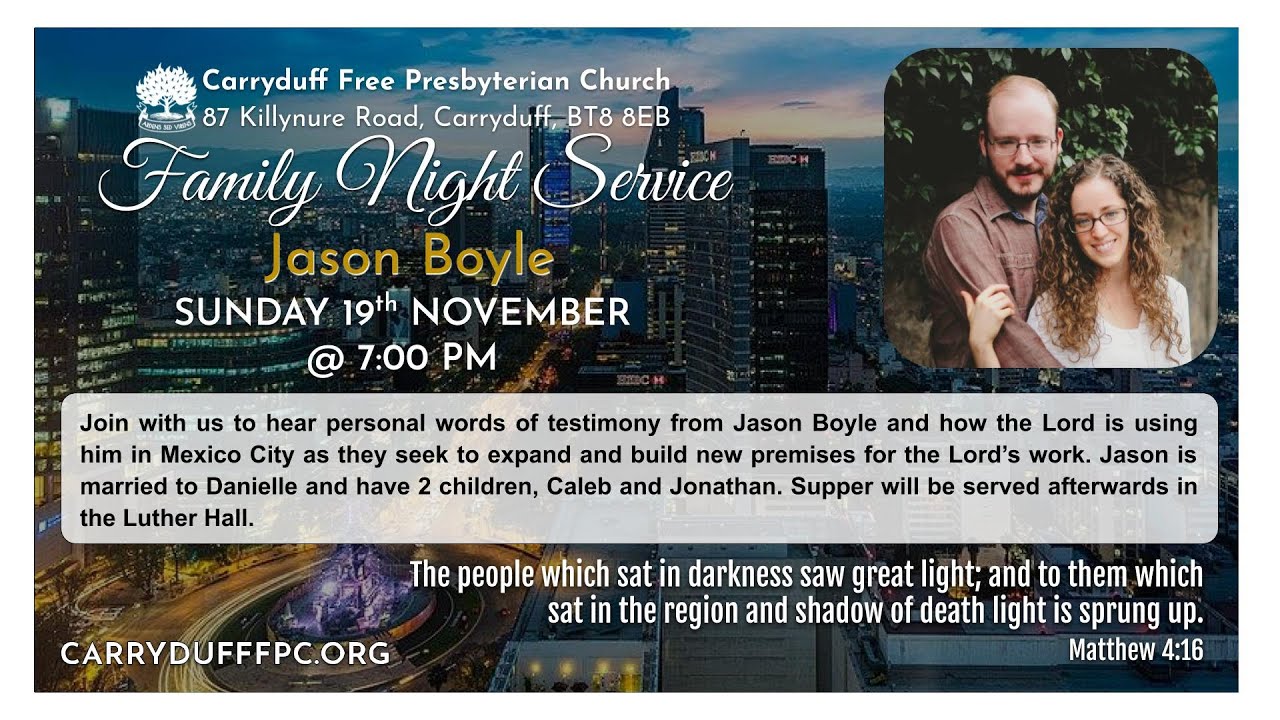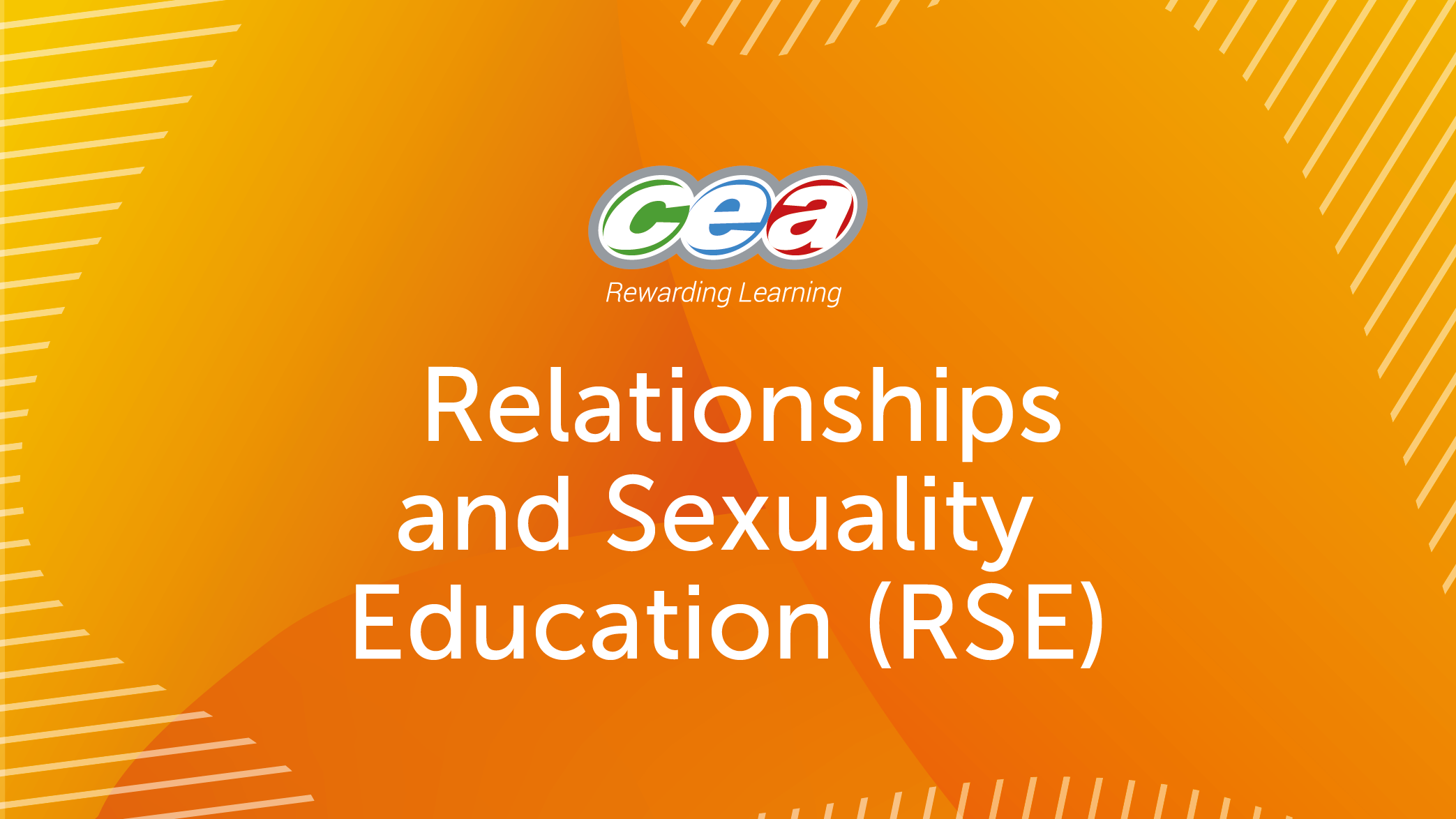- Belfast City Hall are conducting a consultation designed to restrict the use of loud speaking equipment and the distribution of literature in Belfast City Centre.
- Under the initial proposals, anyone who wishes to use an amplification device in the city centre, including the primary retail core, would require a permit from the council. This would include any situation where on-street amplification is used, such as busking, preaching and outdoor performances.
- The same rules would also apply to anyone wishing to place a stand, stall or vehicle carrying any form of promotional literature or other information, regardless of its purpose. This would include displays of graphic imagery.
- It is proposed that an annual fee will be charged to cover the costs of administering the permit scheme.
- The advocates of this say that what they want to do is to reduce noise nuisance in the city centre but if brought in it will curtail free speech in that there is a layer of bureaucracy and restriction imposed on those who wish to preach the gospel or distribute gospel literature.
- The consultation closes on Monday 4th March 2024 at 5pm.
Here is how the new law is described on the SDLP web site.
SDLP Belfast City Council Group Leader Séamas de Faoite has urged the public to respond to a consultation on tackling hate preachers… We must take this opportunity to help put an end to the regular displays of hate and showcasing of retraumatising images in our city centre…
SDLP 27th November 2023
So, in their terms, this is to directly target open air preaching, pro-life demonstrations, and anyone wishing to distribute tracts or anything that the SDLP would not approve of.
You can fill out the consultation by clicking here or on the image below.
POINTS OF NOTE
PLEASE USE YOUR OWN WORDS WHEN RESPONDING
- QUESTION 1
- Definitely Disagree
- QUESTION 2
- This is against free speech. Free Speech is a right and needs to be guarded
- Religious liberty is of vital importance. We have a rich heritage of freedom in our nation, hard won down the ages. We enjoy freedom to worship, freedom to share the gospel and freedom to live out a faithful Christian life in public. Many Christians elsewhere in the world do not share those blessings, so we owe it to them to guard our freedoms well.
- It looks as if the primary aim of this is to restrict Christian preachers. Séamas de Faoite has called it “a consultation on tackling hate preachers.”
- Protecting free speech includes protecting the right of those whose speech you do not like
- It affects human rights and rights of assembly as defined in European Court of human rights
- QUESTION 5
- Very Positive
- QUESTION 6
- Open air preaching of the gospel has been a tremendous force for good in society.
- Many of the 19th Century anti-slavery and factory reformers were influenced in their lives by the open- air preaching of George Whitefield and John Wesley
- At the end of the 18th Century when Britain had descended into Deism and drunkenness, 18th Century Britain was marked by low church attendance, binge drinking, poor housing, violent crime and scholars who considered any belief in the miraculous to be superstitious. It looked as if Christianity was in decline and in serious trouble. The infamous ‘Gin Craze’, spurred on by the prohibition of imported liquor, swept the nation as multitudes took to making their own gin and created a genuine national crisis. Alcoholism was common. But as a result of the open-air preaching of the evangelical awakening and the turning of many to the gospel, society was transformed for the better.
- Open air preaching has been part of Christian tradition right from the beginning. The first convert to Christianity made in Europe, Lydia was converted as a result of Paul’s open- air preaching. Paul the Apostle spread the message through open air preaching. An example is when he went into the middle of Athens and confronted the paganism of that city in the open-air on Aeropagus.
- In Northern Ireland it has become traditional to use loudspeaker equipment in open-air preaching. To restrict this would be interfere with a longheld religious practice.
- QUESTION 7
- Very Positive
- QUESTION 8
- There is a variety of promotional literature given out in the city centre. Some is positive and some is not. We would ask on what criteria is the literature to be judged? Who is to say what is a nuisance and what is not? The standards are going to have to be set out and justified and that is going to be no small debate.
- The vision of a wise expert class protecting the public from inappropriate information is at the heart of this proposed bye-law and has deep roots in political thought going all the way back to Plato’s Republic. Although Plato’s ideal city did not hold elections, it was ruled by a highly educated and public‐spirited elite empowered to control the flow of information. But we would ask who are to be appointed as the wise expert class who are to judge what kind literature is appropriate in this case? And when the wise expert class is appointed, we surely know that it is impossible for them to have all of the information therefore they may not be as wise as they think.
- Some literature may give you information that at first you do not like but is for your good because it shows you where you need to change or be changed. Is such literature to be banned because at first it makes you feel bad and points out where you are wrong? You can shout fire in a burning theatre. People may be disturbed by the message but they need to hear it.
- There is a lack of definition on the term “graphic imagery”. Does graphic imagery include the display of scantily clad models that are used in much promotional literature?
- QUESTION 9
- Definitely Disagree
- QUESTION 10
- In general provision No.4 of the proposed bylaw, there is a prohibition on using loud speaking equipment without a permit in the city centre. The effect of this will be that there can be no spontaneous open-airs. In Northern Ireland today the vast majority of preaching in open-airs are done with loud speaking equipment. Some will be done spontaneously, if someone hears of an event where there will be a crowd or if the weather is good those are conditions in which a zealous evangelist will want to conduct an open-air. The effect of this bylaw is that there will be a level of bureaucracy that will hinder those who might want to go into the city centre to preach. This then is a hindrance of freedom of expression.
- General provisions number 4 and number 6 place an extreme hindrance on the use of amplification equipment outside venues which may be the focal point for a protest or demonstration. If, for example, someone wants to object for theological reasons to what is taking place in a place of public worship they will be prevented from doing so with the use of amplification equipment, regardless of the volume. A similar situation would prevail if one wished to protest for whatever reason about an event taking place in a place of “public entertainment”. Christians may want to protest against plays or other forms of entertainment which they consider immoral.
- We note that it is proposed that any permit is to be issued to a person and not for an event. Therefore, if a preacher at an open-air who has the permit goes down sick or cannot come at the last minute nobody would have permission to stand in for him. This is again is adding to the difficulty of simply being able to preach the gospel.
- We note that the cost of the permit has not been set. We are being asked to judge something on which we do not have information on this matter.
- QUESTION 11
- Definitely Disagree
- QUESTION 12
- Clause 10 of the byelaw restricts the time a permit is granted to between 11 am and 11 pm. This would mean that literature could not be handed out to commuters coming into work. We cannot see why this should be so.
- The permit scheme presupposes a set of criteria by which literature should be judged as to whether it is appropriate. What is this set of criteria? We are being asked to give approval to a permit scheme but we are not being told how inappropriate literature will be defined or on what basis literature will not be permitted to be given out.
- This is an attempt at censorship and the removal of certain ideas from the streets of capital city of Northern Ireland.
- Freedom of speech is enshrined as a fundamental, universal human right in the Universal Declaration of Human Rights and also the International Covenant on Civil and Political Rights, to which a full 178 countries are parties out of the 193 U.N. member states. This is a restriction on freedom of speech.
- QUESTION 13
- Disagree to all
- QUESTION 14
- It is proposed that any permit is to be issued to a person and not for an event. Therefore, if a preacher at an open-air who has the permit goes down sick or cannot come at the last minute nobody would have permission to stand in for him. This is again is adding to the difficulty of simply being able to preach the gospel.
- The proposed byelaw restricts the time a permit is granted to between 11 am and 11 pm. We appreciate that loud speaking equipment should not be used late at night especially if there are residences nearby. The vast majority of open-air preachers would respect that voluntarily but 11 am seems arbitrary. Why so late in the morning?
- Why is it a particular nuisance to distribute literature before 11 am. This restriction would make it impossible for literature to be given out to morning commuters coming to their work.
- QUESTION 15
- Disagree
- QUESTION 16
- Clause 12 says “the council may designate areas in which specific types of instruments or amplification is prohibited.” This gives the council a very sweeping power and is not reasonable nor proportionate.
- We are having a trend in which we have censorship exclusion zones at abortion clinics and now we have a proposal for extra city centre instrument or amplification free zones. The trend is for more and more restriction rather than freedom.
- QUESTION 17
- The equality screening says that “it is possible that the bylaws may discriminate against more people from the Protestant or Christian background who make up a higher percentage of those individuals who participate in street preaching. Such individuals may be more likely to seek a permit to use an amplification device.” We could go further and say that the bylaws will discriminate against the Evangelical Protestant community in an even greater way as a higher percentage of those will take part in open-airs. The vast majority of evangelicals will support the right of preachers to preach in the open-air. Therefore, there is an impact on Evangelical protestants. But that community is, more often than not ignored.
- In the Equality screening there is much use of the term anecdotal evidence. The fact that so mush use of anecdotal evidence is used betrays the fact that the council has zero real evidence of harm they are alleging. For example, it is alleged “Noise created by amplification devices may have a negative impact on those with auditory sensitivity.” The Council cites zero evidence to support this claim. It seems that they are happy to cite “anecdotal evidence” to support their case without having any real, hard evidence.
- If this is, as it would seem from the comments of councillors, an attempt to stifle the religious expression of the Evangelical Protestant community then this is an exercise in discrimination. Councillor Séamas de Faoite has called it “a consultation on tackling hate preachers.” This would certainly indicate preachers are the primary target.



